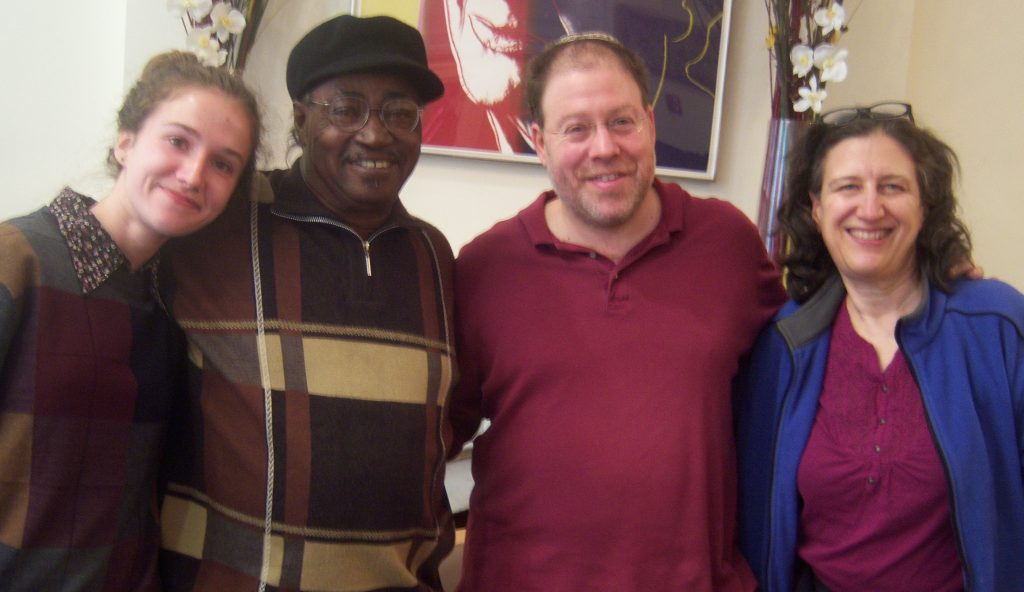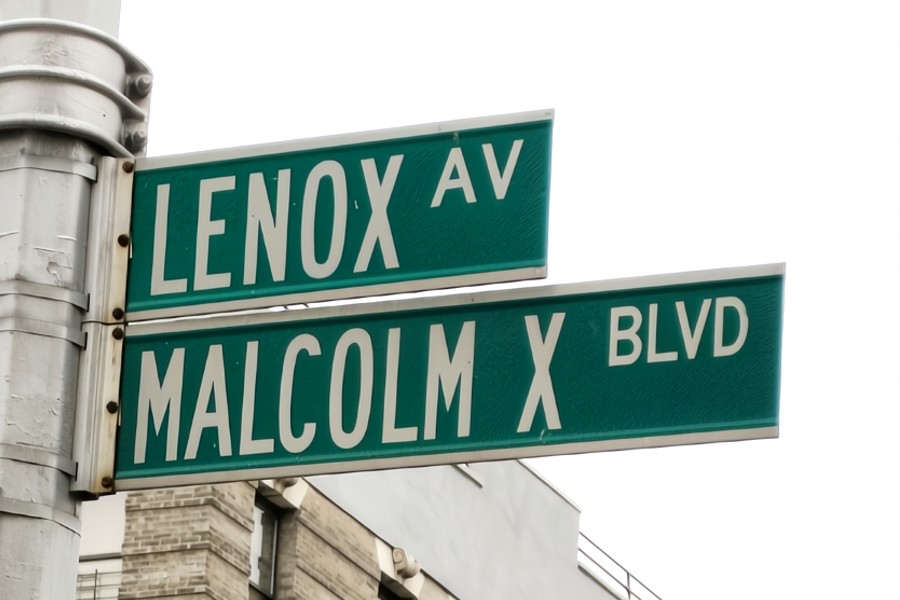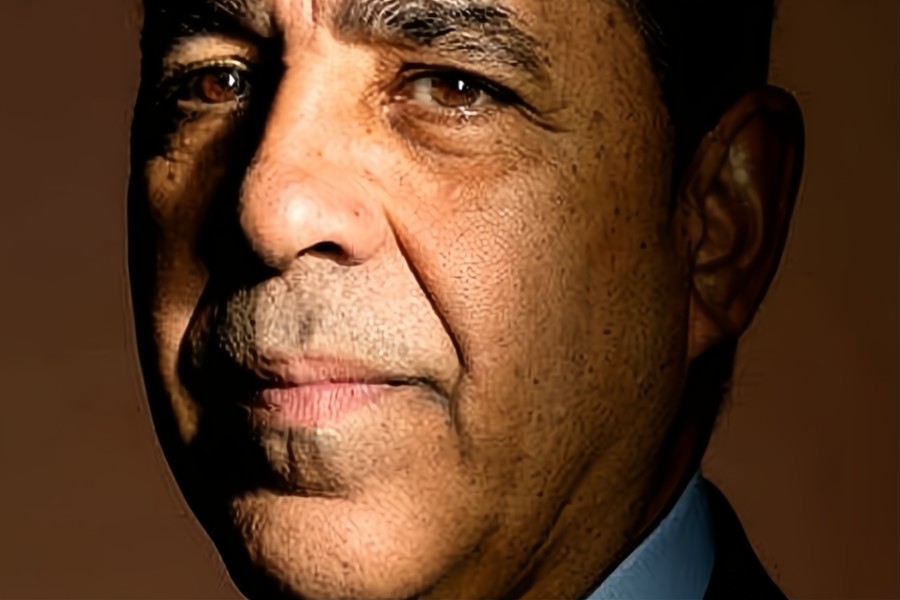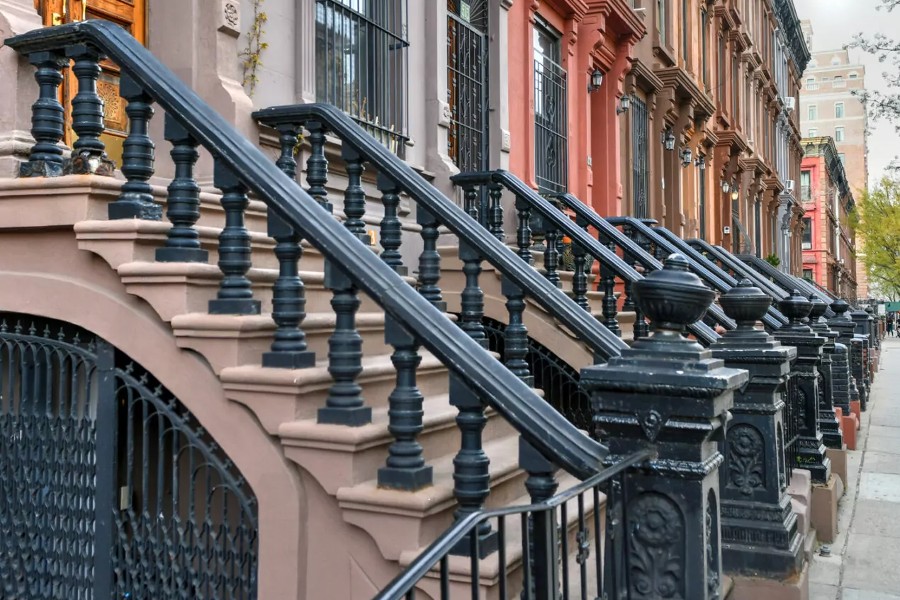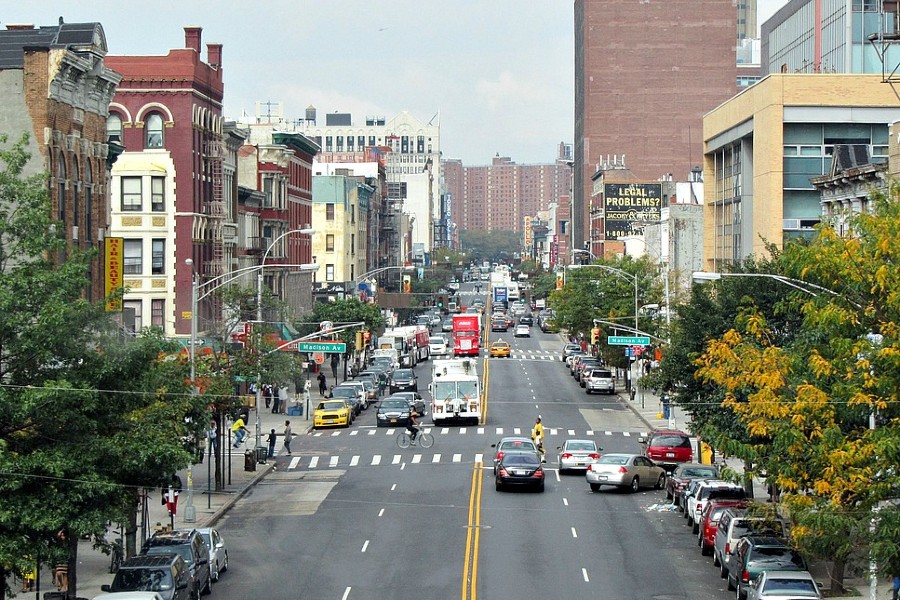“People are basically good at heart.” The late Anne Frank’s journal words live on because hopeful claims help us deny racism’s realities and the failures of white institutions. In New Orleans’ Lower Ninth Ward, 98.3% Black and the section hardest-hit by Katrina, one sees inspiring scenes of homeowners rebuilding, with aid from 50,000 volunteers who come in and out from the nation’s student unions, civic associations and religious congregations. Warrenetta Banks runs this operation from a one-room office tacked onto a small local church. Ms. Banks, before the storm a corporate financial officer in a high-rise building at city center, found her calling in matching idealistic eager volunteers with aging homeowners abandoned by their government and forced to flee at the height of the nation’s worst natural disaster, then, upon returning, forced to fend for themselves to rebuild. Anne Frank’s heartfelt sentiment is borne out by what Warrenetta and others have accomplished.
Though FEMA either marooned them in the Superdome without water, food or medical attention , or put them, like Warrenetta, on Houston-bound buses where they landed with no visible sign of support, Lower Ninth Ward survivors are home and healing. But barren land tracts remain where broken homes still have spray-paint markings showing how many dead bodies inspectors found inside In August 2005.
Ward “Mack” McClendon before the storm sold lucrative luxury cars for his living but today struggles to sustain the Lower Ninth Ward Village, a community center with the beginnings of library, job training and recreational programs. “Just one-third have returned but I’d put that one-third against the world. They had to come out of the water fighting,” Mack said. “There would be many more if we had the resources.” He spoke on April 27, 2014 at the Brooklyn Heights Synagogue as part of a northeast fundraising tour for the center. “We don’t want to talk about the elephant in the room and that’s racism. We don’t have a hospital, a food store. We just might get a clinic.”
Perhaps more if we help. Anne Frank’s writings reveal more than her hope – that she sustained hope while aware of the forces against her. Warrenetta, Mack and others sustain hope by helping their neighbors transcend racism’s impact. In 2007 the Mountain Dew Corporation and the rapper Li’l Wayne, a New Orleans native, pledged long-term financial assistance. Their news conference made nearby allies feel no longer needed and pushed them away. But the CEO and celebrity left only press clips and pictures behind, recreating the government’s neglect. People are indeed good at heart. But actions (and inactions) speak loudly.
Learn more about Mack’s vision for serving his people and how we can help (at www.lower9thwardvillage.org). Contact WarrenettaBanks (sustainthenine@gmail.com) for how and when you might volunteer in New Orleans.
Save a youth center. Spread a spirit of community. Become racism’s remedy.
Thank you (mmcqui2002@yahoo.com)
Photo shows Mack McClendon, Founder of the Lower 9th Ward Village youth center with Brooklyn Heights Synagogue Rabbi Serge Lippe plus my daughter Katy and wife, Sharon Kosakoff, after Mack’s April 27th speaking engagement.
Become a Harlem Insider!
By submitting this form, you are consenting to receive marketing emails from: . You can revoke your consent to receive emails at any time by using the SafeUnsubscribe® link, found at the bottom of every email. Emails are serviced by Constant Contact


